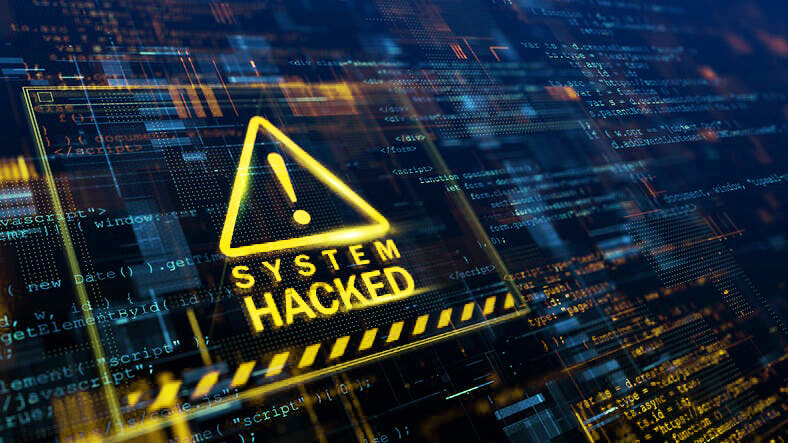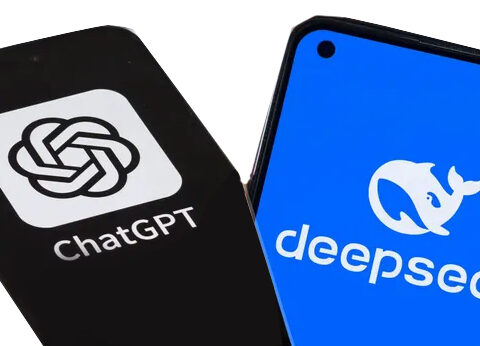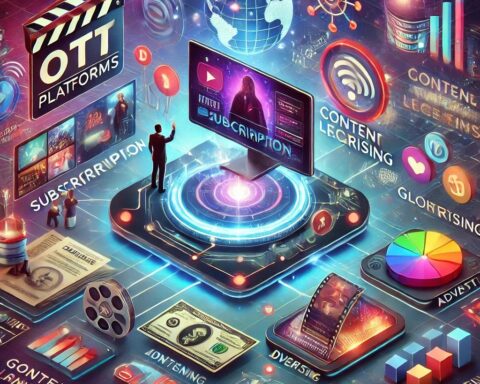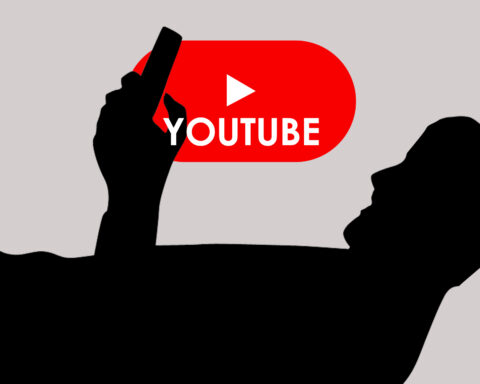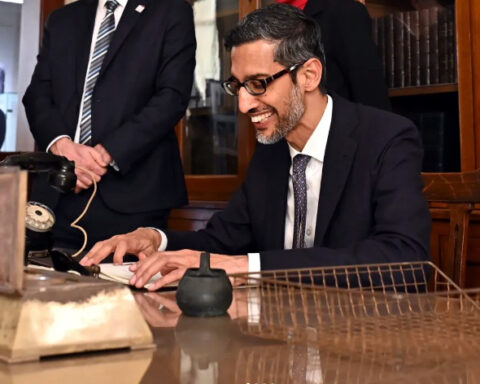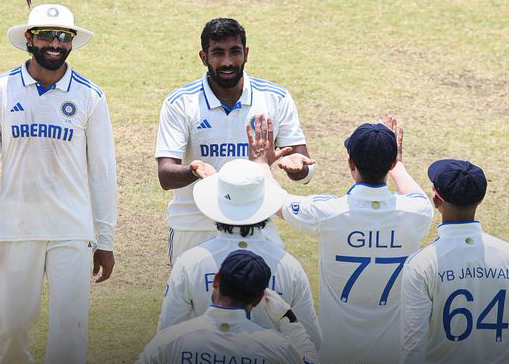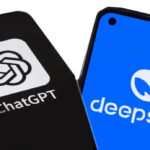New Delhi/ TNF
Today, the hashtag #hacked surged to the top of trending topics on X, capturing the attention of millions and sparking conversations worldwide. What started as a seemingly routine day in the digital landscape quickly spiraled into chaos as news broke about multiple high-profile cyberattacks targeting both corporations and government entities.
The Catalyst
The initial spark came from a breach at TechWave, a leading software firm with clients across various industries, including healthcare and finance. At around 9 AM EST, employees reported unusual activity on their internal networks. By 10 AM, TechWave had confirmed a significant data breach, potentially affecting the personal information of millions of users. According to company insiders, hackers gained access to sensitive databases, including customer emails, credit card information, and proprietary software codes.
Simultaneously, reports began surfacing about a coordinated attack on several government websites, including the Department of Health and Human Services. A group claiming responsibility, calling themselves “The Digital Phantoms,” took to X, boasting about their success in infiltrating these systems. They threatened to leak sensitive government data unless their demands for cryptocurrency payment were met.
The Digital Response
Within hours, #hacked began trending as users reacted with a mix of shock, humor, and concern. Memes featuring popular culture references flooded the platform, while cybersecurity experts and tech enthusiasts engaged in heated debates about the implications of these breaches. According to a report from cybersecurity firm CyberSecure, cyberattacks on corporations have risen by 50% over the past year, with 2023 projected to be one of the worst years for data security.
Experts highlighted that these types of breaches not only compromise personal information but also erode public trust in digital platforms. “Every time a major breach happens, it reinforces the idea that our data isn’t safe online,” said Dr. Emily Chen, a cybersecurity analyst. “It creates a ripple effect, where people become increasingly wary of sharing personal information.”
Government Action
In response to the breaches, the U.S. government initiated an emergency meeting to discuss the growing threat of cyberattacks. The Cybersecurity and Infrastructure Security Agency (CISA) urged all organizations to tighten their security protocols and reassess their defenses. “This isn’t just about one company or one website; it’s about the integrity of our entire digital infrastructure,” stated Director Roberta Nunez.
Meanwhile, users began sharing tips on how to secure their accounts, with advice ranging from enabling two-factor authentication to regularly updating passwords. The trending hashtag became a rallying point for discussions about personal cybersecurity and awareness.
The Aftermath
By the end of the day, the fallout from the attacks was still unfolding. TechWave reported that they were working with federal authorities to mitigate the damage and secure their systems. Meanwhile, The Digital Phantoms continued to taunt their victims on social media, demanding ransom payments and threatening to release sensitive information.
As night fell, the hashtag #hacked served as a reminder of the vulnerabilities inherent in our increasingly digital world. Users, experts, and officials alike understood that while technology brings convenience, it also invites significant risks that must be addressed proactively.
Conclusion
The events of today highlighted not only the fragility of digital security but also the power of social media in shaping public discourse. As #hacked trended worldwide, it became clear that awareness and vigilance were more critical than ever in an age where information is both a valuable asset and a potential target. The story of today was a stark reminder: in the digital realm, the line between security and vulnerability is thinner than ever.
